
Looking for a simple way to transform your health? Look no further!
Let’s talk about: inflammation.
Inflammation is the body’s natural response to injury, infection, or illness. It’s so common that statistics have shown that three out of every five deaths are the result of chronic inflammatory diseases…three in five! When your body is overwhelmed by environmental toxins, smoking, injury or a poor diet, your body’s defense system will respond causing not-so-fun symptoms such as redness, swelling, heat, pain, and loss of function.
Chronic inflammation is so severe that it is linked to a wide range of diseases and health conditions including anxiety, depression, cancer, heart disease, lupus, ADHD, and more.
Luckily, there are many things you can do to fight inflammation, even without the use of medication!
So what’s the secret to reducing inflammation?
Eat an anti-inflammatory diet! Anti-inflammatory diets are rich in vitamins, minerals, antioxidants, and healthy fats which your body needs to thrive. To eat an anti-inflammatory diet look for organic fruits and vegetables, especially berries, tomatoes, avocados, bell peppers, mushrooms, broccoli, and brussel sprouts. Nuts, seeds, and green tea/matcha are other great options. These foods are nutritional powerhouses! Turmeric, curcumin, garlic and ginger are also incredibly nutritious and perfect spices to sprinkle on your meals.
Are there foods you should avoid on an anti-inflammatory diet?
Pre-made and processed foods with artificial sugar, gluten and dairy can irritate your gut and lead to inflammation in the body. It’s time to ditch the fried foods, inflammatory oils (like canola oil) and refined carbs. These foods are not doing your body any favors. When you can, stick to organic, whole foods–foods that are grown directly from the earth.
How should you get started on the anti-inflammatory journey?
First things first, ease your way into this new lifestyle. Cutting out all junk food “cold turkey” can cause you to run right back to the addicting inflammatory foods. It’s okay to start small! Focus on incorporating a new anti-inflammatory fruit or vegetable into your diet every week.
What else can you do to reduce inflammation?
While diet is one of the most powerful ways to reduce inflammation in the body, there are certainly other things you can do in your daily routine.
It is important to make it a priority to move your body everyday, even if it’s just for 20 minutes. Simple, low-impact movement, like yoga, is another great way to get the blood flowing. If you don’t already exercise, start with daily 30 minute walks around the block. These small changes can become habits over time if you stick with it.
Using a sauna, getting 7-9 hours of sleep per night, and staying hydrated also help reduce inflammation.
The most important aspect in combating inflammation is to start making changes in your lifestyle now. Make a commitment for better personal health. Reduce inflammation – your body will thank you.
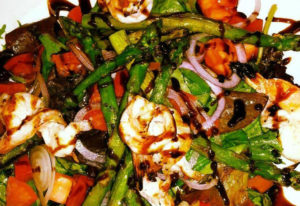
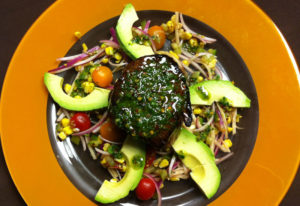


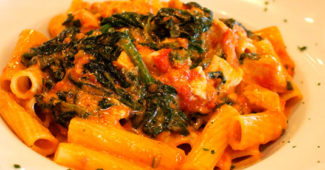
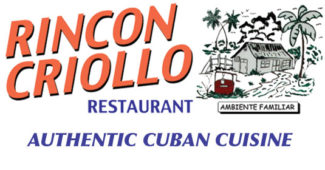


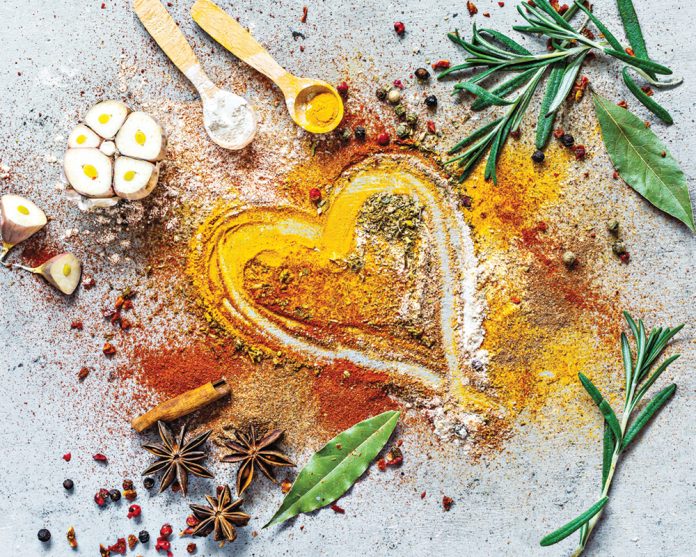



 20 lucky winners will win $500 each in prizes totaling $10,000.
20 lucky winners will win $500 each in prizes totaling $10,000. 